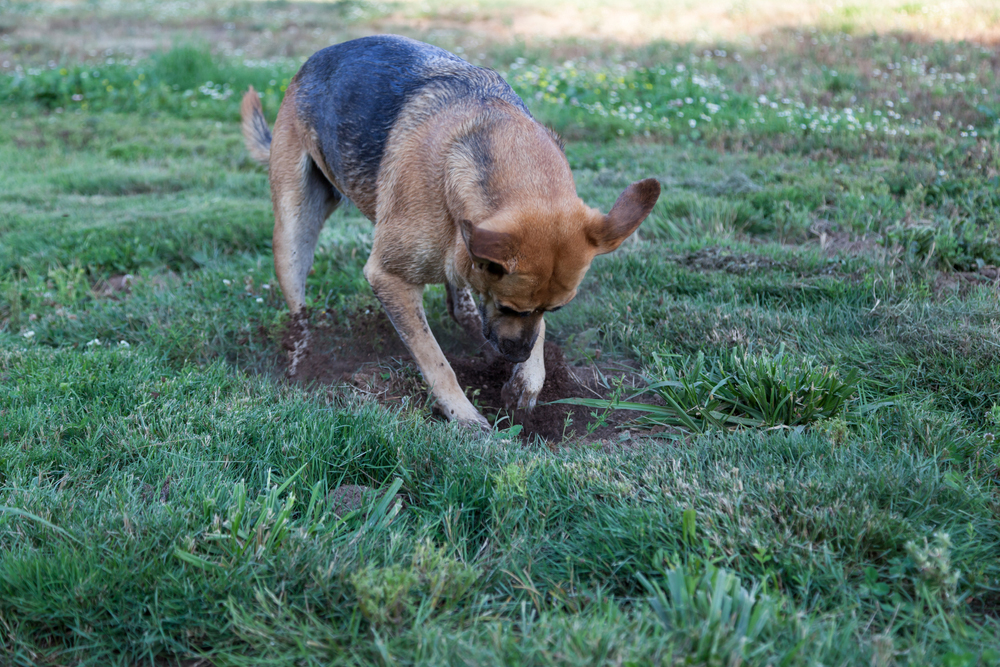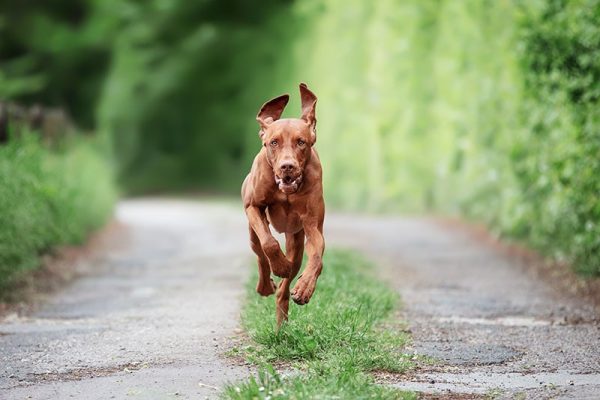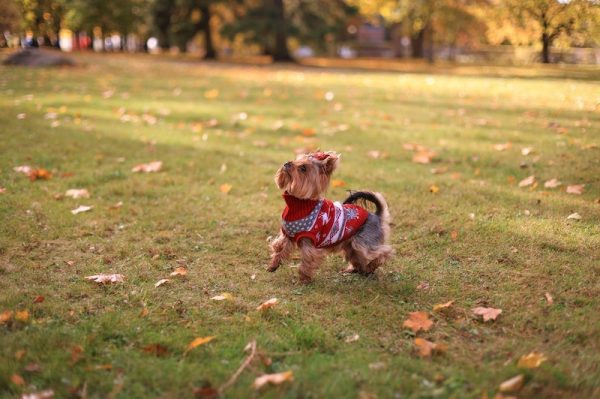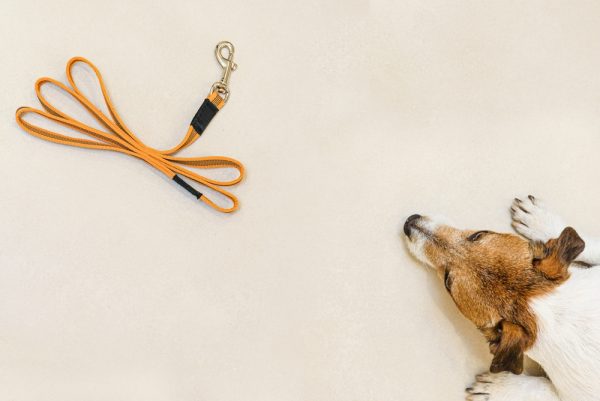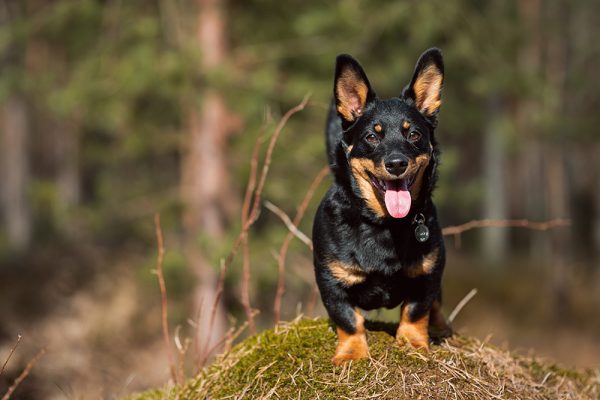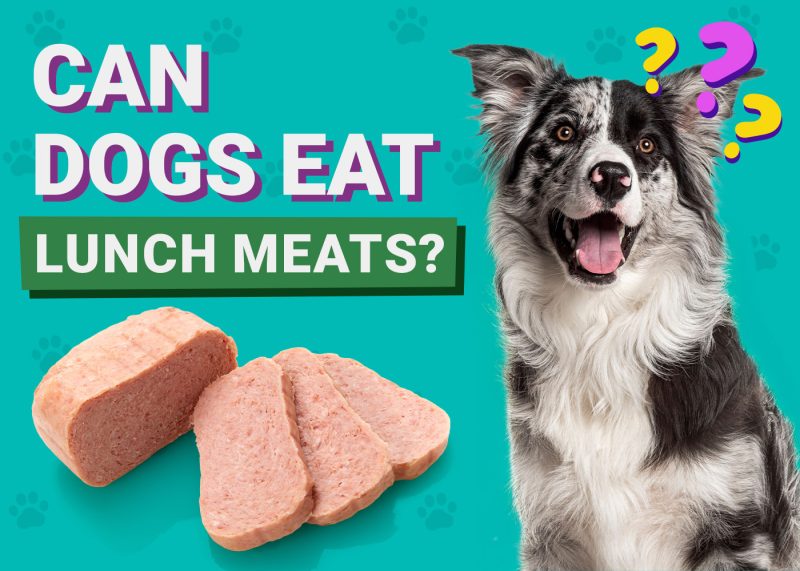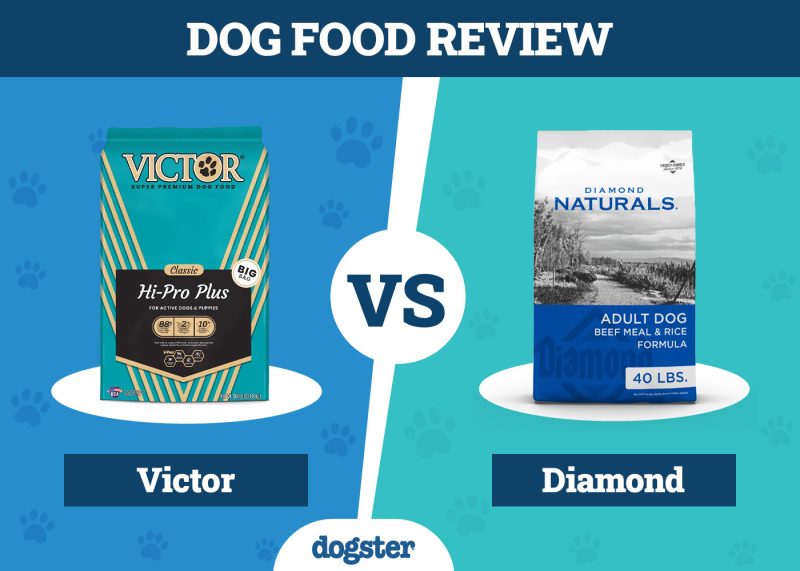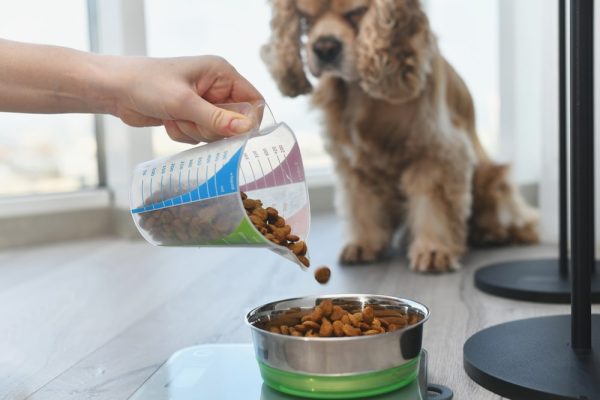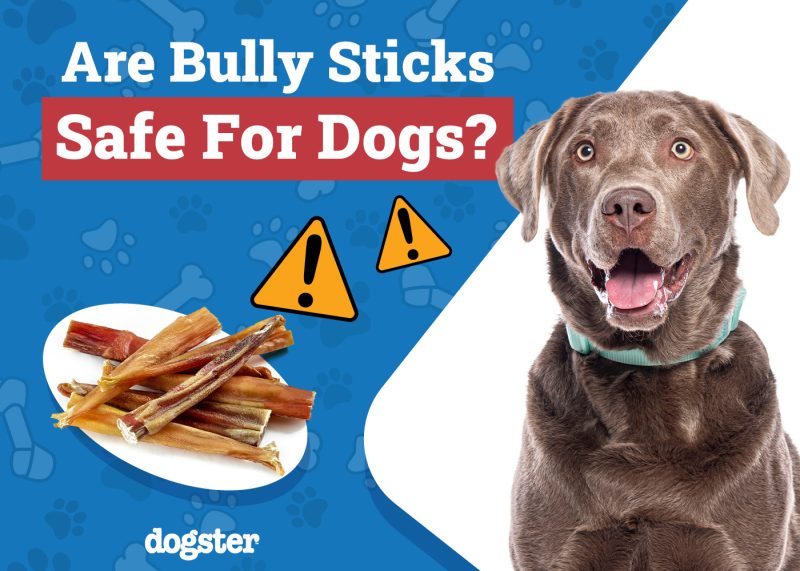In this article
There are few animal behaviors as well-known and caricatured as dogs burying bones. But while it’s amusing to watch in cartoons, it’s a little more frustrating when it’s happening to your yard.
Whether you’re looking to get your dog’s toy or bone-burying under control or simply want a better understanding of the behavior, we break it all down for you here. It all comes down to their instincts, and once you know why they do it, you can take the first steps toward breaking them of the habit.
Also, bones are not necessarily safe for dogs, and there are risks to be aware of if you decide to give them to your dog.

Are Bones Safe for Dogs?
This is a tricky question with no straightforward answer, and it’s best if it’s discussed directly with a veterinarian. Some dogs will be chewing bones throughout their whole lives without any issues whatsoever, while others may experience significant health problems with the first bone they get.
- Damage to the mouth, teeth and throat due to sharp edges
- Teeth fractures
- Fragments of bones getting stuck in the roof of the mouth
- Choking
- Stomach upset with vomiting, diarrhea, or constipation
- Straining to defecate
- Blood in the stool
- Gastrointestinal obstruction (requires urgent veterinary care)
Dogs that chew bones may swallow large pieces that do not pass through the gastrointestinal tract easily. They may sit in the stomach, slowly getting digested, and sometimes not causing any obvious health issues. While on the other end of the spectrum, they could cause vomiting and an obstruction, either blocking the transit of food from the stomach into the gut or anywhere throughout the small intestine. Cooked bones, particularly chicken bones, are brittle and will easily break, leaving very sharp edges that can damage your dog’s mouth, teeth, gums, throat, and digestive tract.
Keeping all of these risks in mind, and after consulting with a vet, you can make the decision if you should offer your dog a bone. Be mindful that no bone is 100% safe, and the only way to avoid these risks is not to give your dog any bones at all and opt for safer chews instead.
If you need to speak with a vet but can't get to one, head over to PangoVet. It's our online service where you can talk to a vet online and get the personalized advice you need for your pet — all at an affordable price!

Why Do Dogs Bury Bones?
Burying bones is an instinctual behavior for your dog, and in the wild, it would have numerous advantages for them. For starters, the deeper they could bury bones and carcasses, the longer it would preserve the meat for consumption.
This method works in two ways. First, it removes the food from direct sunlight, as the sun helps speed up carcass decomposition through increasing its internal temperature and attracting insects, and that isn’t good if you’re trying to save it for later. Second, it lowers the temperature during warm weather, which helps slow down the decomposition process.
The farther down they dig, the cooler it gets during the summer months. The ground is nature’s refrigerator, and ancient dogs figured out how to use it! Not to mention, it’s a good way to keep any leftovers out of plain sight. If there is an excess of food they cannot eat at the time, burying it is a means to save it for later.
Today’s dogs might not dig holes to achieve maximum food preservation, but those instincts still remain strong. Therefore, they try to dig holes and bury things that they value, so they save it and keep it hidden from other animals, particularly if they are not hungry at the time, and bones are often chief among their favorite things! This behavior may be more pronounced in hunting dogs as a part of their hunting instinct and an attempt to save resources.
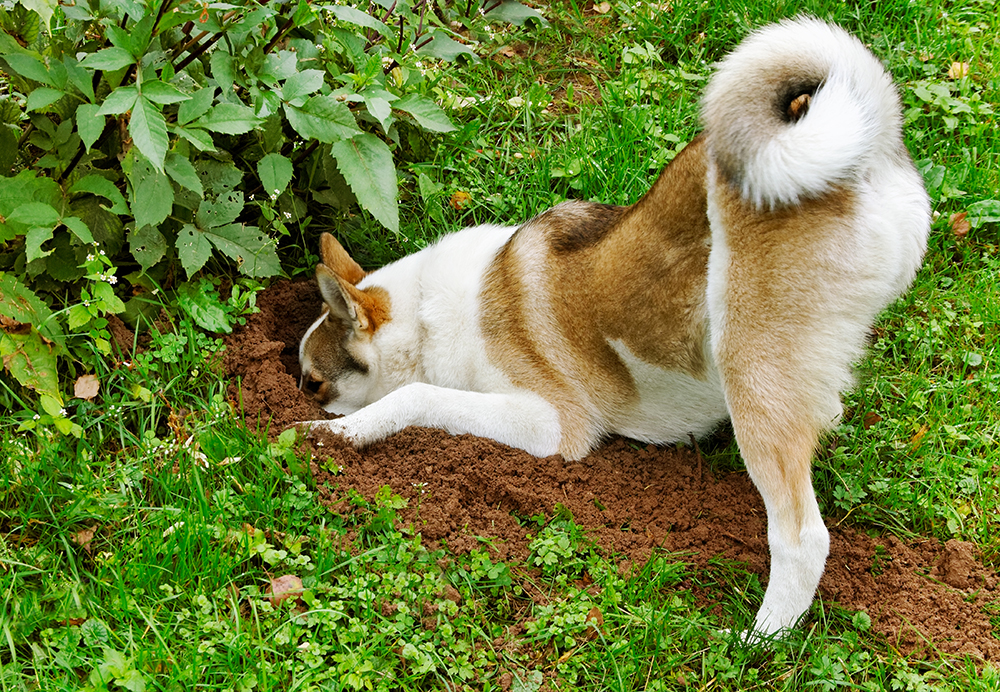
Do Dogs Remember Where They Bury Their Bones?
Most dogs do, but it remains uncertain how well they remember and after how long! Dogs rely on their sense of smell, and finding buried leftover food may not be too difficult, as they have more than 100 million sensory receptors in their noses compared to 6 million in people.1 It wouldn’t do a wild dog or a wolf any good to bury a bone or carcass and forget where they buried it. Just like their instincts drive their desire to bury bones in the first place, it also helps them remember where they buried them after the fact.
Dogs have observational spatial memory that helps them in remembering where food is located, but based on some maze studies, it doesn’t always appear to be too well utilized. However, other research papers have shown that dogs and wolves alike are good at remembering hidden food locations, particularly if they observed the food being hidden by a human. Wolves performed these tasks more successfully, likely because they are more motivated and persistent when it comes to looking for food.
Associative memory, which enables dogs to remember people, places, and experiences based on the associations they make with them, both positive and negative ones, can come in handy when they’re tracking down bones that they buried. Spatial memory enables them to remember exactly where they buried a bone, and associative memory helps jog their memory in case they forget some of the finer details.
What Does It Mean When Dogs Bury Their Treats?
There are two reasons that your dog might be burying their treats, and they both refer back to a dog’s instinctual drives. First, dogs bury food and treats during times of excess. If you give your dog a few too many treats or if they’re simply full when you give one to them, they can bury the treat as a way to save it for later.
Second, sometimes your dog simply thinks that the treat is so good if they have already eaten, and they may want to save some for later! Just like you don’t finish a full pint of ice cream every time you dig in, your dog might want to extend the experience over a longer period. Of course, if they are hungry, it may be gone straight away.

How Do I Stop My Dog From Burying Bones?
While there’s no foolproof way to kick the burying and digging habits out of all dogs, one of the best things that you can do is give them only one or two toys and avoid bones altogether (especially because of the safety risks we discussed). While this might seem counterintuitive because dogs are prone to burying excess stuff, it makes sense when you think about the instinctive side of it, as the toy is now scarce.
Dogs developed burying tactics to help hide excess food or other resources. If your dog realizes that food and toys are scarce, they may not feel as strong a need to bury their stuff in the first place!
Of course, the first thing that you want to do to stop the digging habit is to take away the bone. But if you do, you might be inviting your dog to dig a hole the next time that you give them one, or to try and run off with the bone in order to stop you taking it from them!
Allowing them to dig in a certain area of the garden, providing them with a dirt box or a sandpit, or hiding toys under a blanket may help stimulate them mentally and physically, enriching their everyday life.

Final Thoughts
While it can be frustrating when your dog is digging up everything in your backyard to find a place to bury their bones or a favorite toy, at least you have a better understanding of why they’re doing it, so you can take the necessary steps to address it. Giving dogs bones is not something we would generally recommend, as it may lead to a long list of health issues we discussed above.
Just keep in mind that it’s a deeply ingrained instinct, and your pup’s not doing it just to tick you off! All you can do is try to redirect their behavior with positive reinforcement and training, ensure they get plenty of physical and mental stimulation, seek help from a professional canine behaviorist, or allow them certain areas to exhibit digging and similar behaviors. This should help you keep the rest of your yard intact throughout the years.
Featured Image Credit: Tami Freed, Shutterstock
